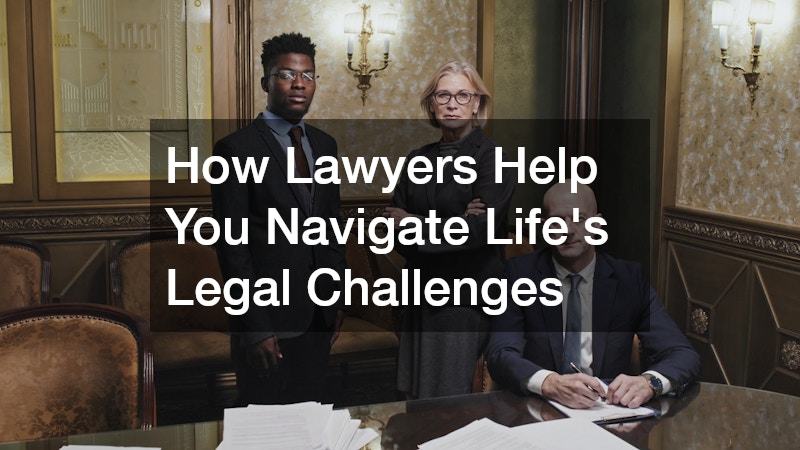Conflicts and disagreements have always existed in the human world, from the prehistoric period to the present. There are times when an experienced mediator can help people reach an alternative dispute resolution in an effort to resolve the conflict. However, if complex civil litigation comes up and you suddenly find yourself stuck in the middle of the dispute, it would be best to know how to handle the situation.
Most civil litigation cases are usually filed in civil court. These types of legal proceedings or lawsuits involve the plaintiff suing the defendant for a specified redress or remedy. If you still need to comprehend further what complex civil litigation implies, you must first understand what it encompasses.
What It Is
Property, injuries, torts (wrongs), contracts, and family law are all examples of civil lawsuits. These cases can be confrontational, where the parties are at odds with one another – making it extremely difficult to find a solution since they are not working together for a quick and peaceful litigation settlement. Still, there are litigations that can be non-adversarial, which means the parties are working together to find a sound solution rather than fighting each other.
Most settlements involved in complex civil litigations are often more challenging than those in criminal cases. Generally known as the Civil Rights Act or CRA, the Civil Rights Act of 1964 is federal legislation that prohibits any type of discrimination in the workplace and employment sector. This law forbids people from discriminating against others based on national origin, race, sex, religion, or color.
Learning about Title VII and the Americans with Disabilities Act can help to understand the intricacy of complex civil litigation.
The federal body in charge of discrimination concerns in the workplace is the Equal Employment Opportunity Commission or EEOC. It’s responsible for regulating and implementing the laws concerning employment discrimination included in Title VII.
The agency also needs to ensure that companies continue to comply with both the ADA and Title VII. This is accomplished by conducting investigations into allegations of workplace discrimination, offering technical help to companies, pursuing litigations, and filing lawsuits.
Who Are Affected by The Civil Rights Act
Under the Civil Rights Act, employers are prohibited from discriminating against their staff and other people based on the considerations indicated in the Act. Additionally, it provides protection against discrimination based on political opinions and actions, as well as gender expression.
Aside from these provisions, people are also protected under the Act against discrimination that restricts their ability to join programs initiated by the government, receive credit, or buy, sell, or rent properties.
Business owners who employ 15 or more people, employment agencies, labor organizations, and joint labor-management committees in charge of apprenticeship and training are all covered by the Act. It’s also applicable to local, state, and federal governments, as well as their programs, agencies, and operations.
What To Expect
So what exactly happens in a civil lawsuit? A civil lawsuit or action filed in a United States civil court usually seeks compensation or some form of remedy to alleviate the dispute. It differs greatly from a criminal lawsuit, where the trial and prosecution happen in a criminal court.
A public prosecutor who is acting on behalf of the government or a private plaintiff (whether an individual or company) can file a civil lawsuit. A government agency can also act on behalf of the public in filing a civil action.
While most civil cases are often filed and processed in state courts, there are a few instances where a civil action can be filed in tribal and federal courts.
Federal courts in the United States have sole jurisdiction or authority over lawsuit cases involving federal law infractions. However, some types of civil litigations involving conflicts between states or residents of various states are also handled by federal courts.
Win Your Civil Litigation Easily
Around 11.5 percent of federal civil cases went to trial several years ago, in 1962, and according to experts, the ratio of civil lawsuits going to trial in federal courts now has decreased to around 1%. Honorable members of the court, such as retired Judge Shira A. Scheindlin, have taken steps to ensure that the legal process runs smoothly. If you believe you’ve been the victim of discrimination or are facing other sorts of civil litigation, take the best approach to win.




